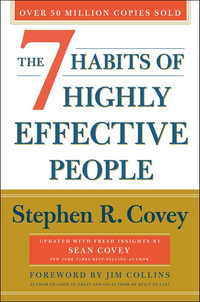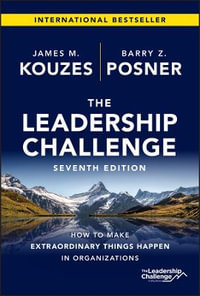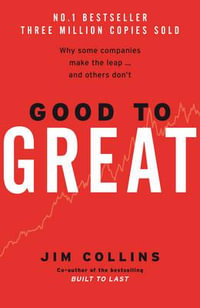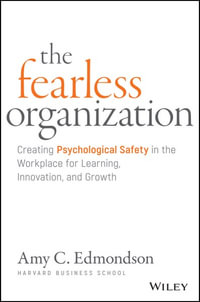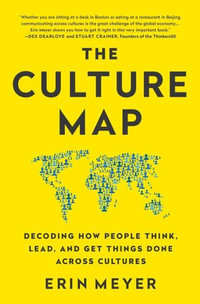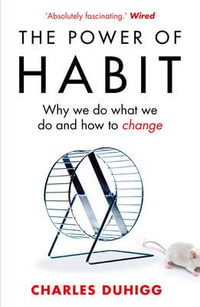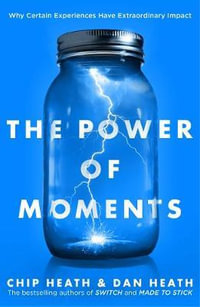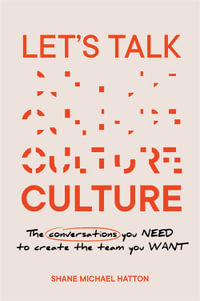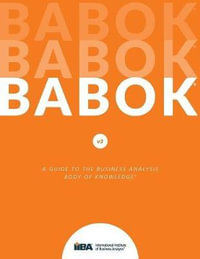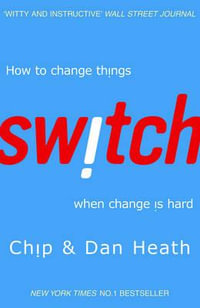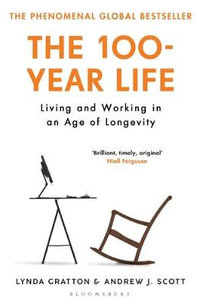| The role of event characteristics and situational appraisals in the prediction of employee adjustment to change and change implementation success | p. 3 |
| Constructions of occupational stress : nuisances, nuances or novelties? | p. 20 |
| Psychosocial risk factors and work-related stress : state of the art and issues for future research | p. 59 |
| Biological basis of stress-related diseases | p. 70 |
| The relationship between ethnicity and work stress | p. 87 |
| Eustress and attitudes at work : a positive approach | p. 102 |
| Stress and strain at work : how much is there, who has most and are things changing? | p. 111 |
| Stress, alienation and shared leadership | p. 122 |
| Job demands, job control, strain and learning behavior : review and research agenda | p. 132 |
| The seeds of stress in the organizations of tomorrow : the impact of new technology and working methods | p. 151 |
| Stress and individual differences : implications for stress management | p. 163 |
| Work-related stress : the risk management paradigm | p. 174 |
| Coping with stress through reason | p. 188 |
| An organizational approach to stress management | p. 198 |
| Prevention perspectives in occupational health psychology | p. 209 |
| Emotional intelligence and coping with occupational stress | p. 218 |
| Study and student counselling in higher education : an incentive towards a practice-relevant vision | p. 243 |
| Stress and unemployment : a comparative review of female and male managers | p. 254 |
| Stress in veterinary surgeons : a review and pilot study | p. 293 |
| Structural work change and health : studies of long spells of sick leave and hospitalization among working men and women during a period of marked changes in the Swedish labour market | p. 304 |
| Role-related stress experienced by temporary employees | p. 314 |
| The role of psychosocial factors in the development of periodontal disease | p. 335 |
| Work-family conflict and stress | p. 346 |
| Workaholism in organizations : work and well-being consequences | p. 366 |
| The healthy organization | p. 382 |
| Health care and subjective well-being in nations | p. 393 |
| New technology, the global economy and organizational environments : effects on employee stress, health and well-being | p. 413 |
| The effects of effort-reward imbalance at work on health | p. 430 |
| Occupational stress and health | p. 441 |
| The role of emotions in cardiovascular disorders | p. 455 |
| The impact of short business travels on the individual, the family and the organization | p. 478 |
| Burnout and emotions : an underresearched issue in search of a theory | p. 495 |
| Proactive coping, resources and burnout : implications for occupational stress | p. 503 |
| Burnout and wornout : concepts and data from a national survey | p. 516 |
| 'Burning in' - 'burning out' in public : aspects of the burnout process in community-based psychiatric services | p. 537 |
| A mediation model of job burnout | p. 544 |
| Love and work : the relationships between their unconscious choices and burnout | p. 565 |
| Unconscious influences on the choice of a career and their relationship to burnout : a psychoanalytic existential approach | p. 579 |
| Does burnout affect physical health? : a review of the evidence | p. 599 |
| Rediscovering meaning and purpose at work : the transpersonal psychology background of a burnout prevention programme | p. 623 |
| Emotional intelligence and transformational leadership | p. 633 |
| Developing leadership through emotional intelligence | p. 656 |
| Table of Contents provided by Blackwell. All Rights Reserved. |




